I have had an incredible, remarkable, wonderful life, so far. I add so far because it really bothers me to hear someone say I have lived in such and so a place or done such and so a thing for my entire life. Your entire life? Good grief! Shall we plan the funeral now?
So yes, to this point I have had an incredible, remarkable, wonderful life. Now, in the interest of clarity, or as one hackneyed expression states, in the interest of total transparency, I have never done anything particularly incredible or remarkable myself. People tell me I should write a book, but there are many reasons I will probably never do that, not the least of which is no one wants to read about someone they have never heard of no matter how interesting their experiences may be. If I had been a noted politician or had won multiple Super Bowls or had been a rock star, people would want to read about my life, no matter how otherwise mind-numbing it may have been.
In high school there were about six of us close friends who lived in the same neighborhood, all very good students and all good athletes, and when I think about the trouble we got into we should have been nominated for sainthood compared to some of the kids today. My friends had lofty ambitions–Chris was going to become a Merchant Marine, Jimmy some type of business tycoon, David would probably become a scientist–and along with great success would come large sums of money. Beyond the need to survive, I have never been very motivated by success or money. I did want a career in broadcasting, but it never crossed my mind to become highly successful. My goal was much different. I wanted an incredible, remarkable, wonderful life.
Other than painting the inside of a closet, assigned to me by my father when I was around 10 years old to keep me out of his hair as he painted, my first real job was working as a cashier at a local grocery store on Staten Island, New York. I don’t remember the name of the grocery store, but it shared a building with a New York department store legend, E.J. Korvette, which was founded in 1948 by World War II veteran Eugene Ferkauf and his friend, Joe Zwillenberg. Korvettes defined the discount department store and was one of the first to challenge the suggested retail price provisions of anti-discounting statutes. It displaced earlier five-and-dime retailers and preceded later discount stores like Walmart and warehouse clubs such as Costco.
While working at the nameless grocery store (it may have been A&P), I also got a job working at a radio station, WSLT in Ocean City, New Jersey. They ran an ad in Broadcasting magazine, and I sat in my room one day with a reel-to-reel tape recorder, a device I’m willing to bet many of today’s radio people have never even seen, and sent out a tape. I don’t remember what I said, but I remember one of the songs I added was “The Lonely Bull” by Herb Alpert, and the next thing I knew Sunday mornings were all mine, and all mine may have been pretty much the truth. I’m sure at 6 a.m. on a Sunday morning in Ocean City, New Jersey, not too many people were listening to what was then called MOR (middle-of-the-road radio), which translates into, “let’s try to not offend anyone musically.” And so the spring and summer of 1964 was a magical time for me.
Meanwhile back at the grocery store (it may have been Safeway), I got into a conversation with a man I assumed was a laborer of some sort, dressed in dirty khaki pants, a slightly worn flannel shirt, and dirty work boots on a weekday afternoon. My last guess would have been that he was on the board of directors for the Cunard cruise line, which turned out to be the case. That encounter led to a paid trip to Pace University and a job in the “inward freight department” at Cunard. So I left the nameless grocery store and WSLT radio, and all I had to do was promise to live out my life and grow old and bald and fat at Cunard. But after a few brain-numbing months in bills-of-lading land, I threw my tie in the Hudson River just off Battery Park in Manhattan and swore never to work in an office again. This, of course, also ended my paid ticket at Pace, and I was soon at the Washington Square campus of NYU. Washington Square is in Greenwich Village, and in the mid-1960’s, it was THE place to be. But I was still a business major, and two double periods of accounting every week was never going to make me anything but nuts. It was not my thing, not for the kid who had experienced Sunday mornings at WSLT radio.
In 1967 my dad died, and I was declared a family hardship case by the family doctor to keep me from going to Vietnam, and not long after that I managed to get myself into UCLA, a den of free-thinking, open-minded radicals in search of knowledge and a healthy dose of peace and love. I still had a college deferment from my previous two attempts at higher education, and since the government hadn’t realized it, I also had a hardship deferment. I was doubly deferred and was more likely to end up in East L.A. than Vietnam. Damn, that was better than bad feet, and I never planned to run for president anyway. The problem was I couldn’t accept the deferments and at the same time lose two friends from our glory days on the football field to their deaths in the rice fields. More on that, someday.
I have no doubt that most of my friends from high school went on to become very successful as success is measured by traditional standards. Even people that I have met as an adult have since placed their marks on the ledger of accountability and profit margins. But I wouldn’t trade their money and stardom for my incredible, remarkable, wonderful life. This is not to say that a person can’t be happy doing one job or career for their entire life (I think, I hope).
They say you should write about what you know. I have been a DJ and have driven a bulldozer through the swamps of Louisiana, hung safety railing on high rises, worked with intellectually challenged adults, and sold Christmas bobbles in a year-round Christmas store. I worked as a groundskeeper at a resort on the Pacific Coast Highway in California and at KRML radio in Carmel long before it was made famous by the movie Play Misty For Me. Two of my first jobs in Boston were as a doorman/bouncer at Fridays Restaurant & Bar on Newbury street and as a painter at Newbury Junior College. I also had this odd job working out of a basement putting vitamins in envelopes for people who ordered by mail (no Internet in those days). And believe me I have barely scratched the surface. Let us not forget I spent two years in prison.
I have known some amazing people from all walks of life–musicians, actors, writers, visual artists, and politicians–some that people will read about hundreds of years from now and some whose names you will never know, but all are amazing people.
What I have never done is make a lot of money or leave a name behind on anything I have ever accomplished. Someone asked me once, referring to radio at a time when I was doing something else and missing however dim the limelight had been, if I had had a chance to live my dream, and my answer was yes, but what I didn’t say was my dream was always to just have an interesting life and not be bored, and I can say I have done that and the dream lives on.
So, the book may never happen, but I do have some things to say and partly because there are people who have mattered to me who may want to know a little more about me. And I stink at writing letters. I have family I have never met, and I’m sure when my nephew declared me the patriarch of the family, a chorus sang, who’s he? And I have friends who might care or be mildly amused.
I had one more hope when I was young, something I wanted written as my last words in life, and with all the good and all the bad weighed together, I can still say: I’m glad I passed this way. Still passing, and more to say.

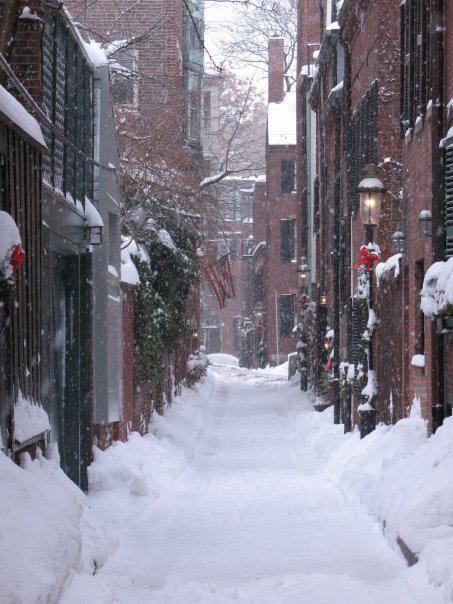
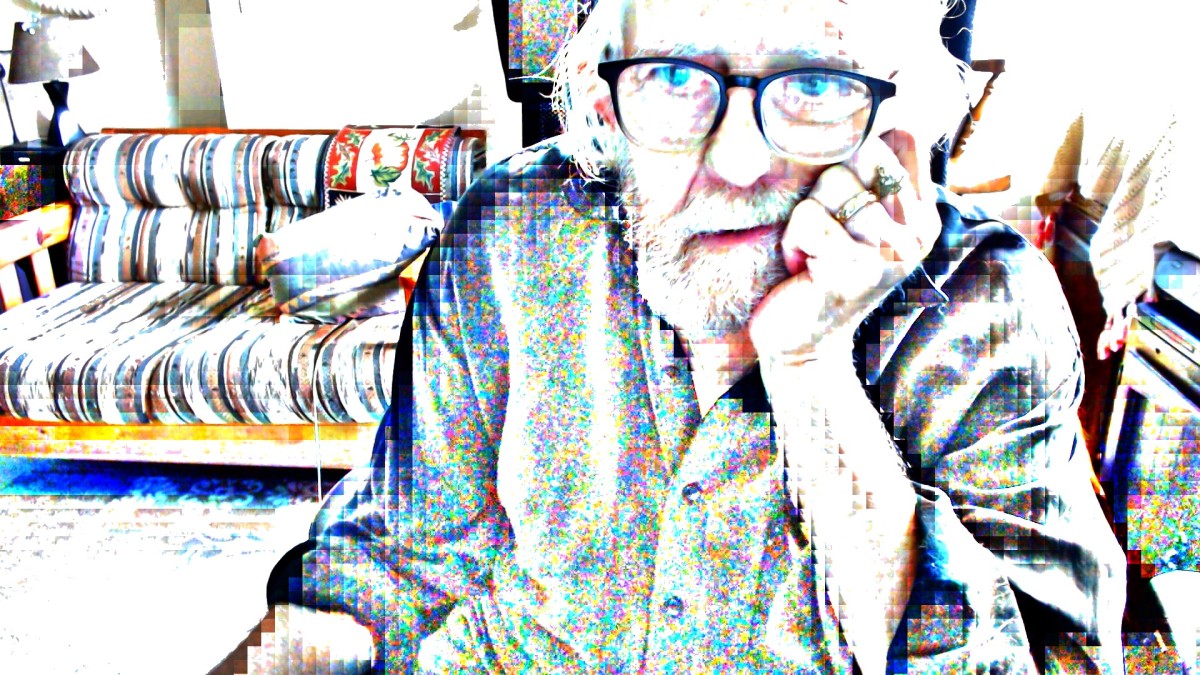
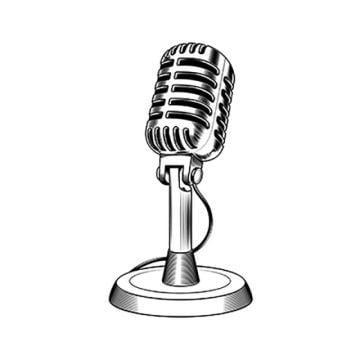
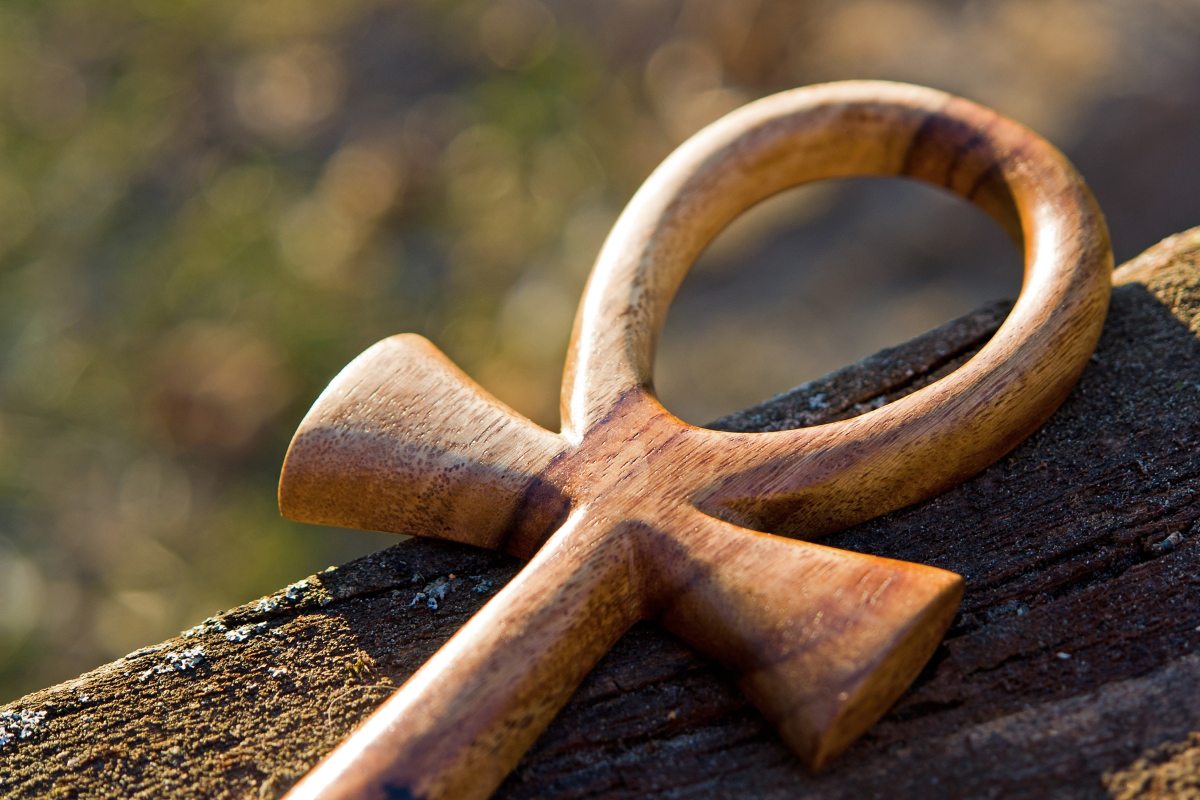
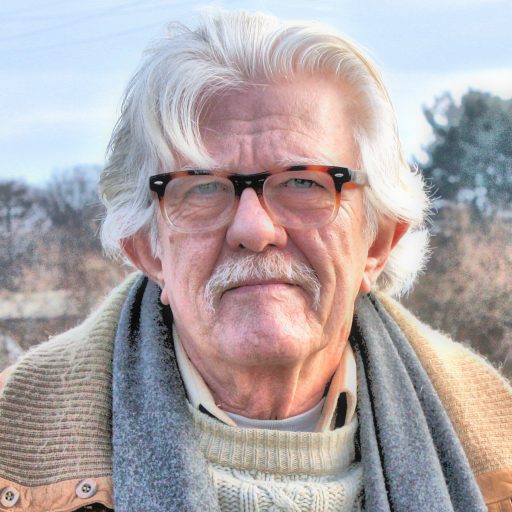
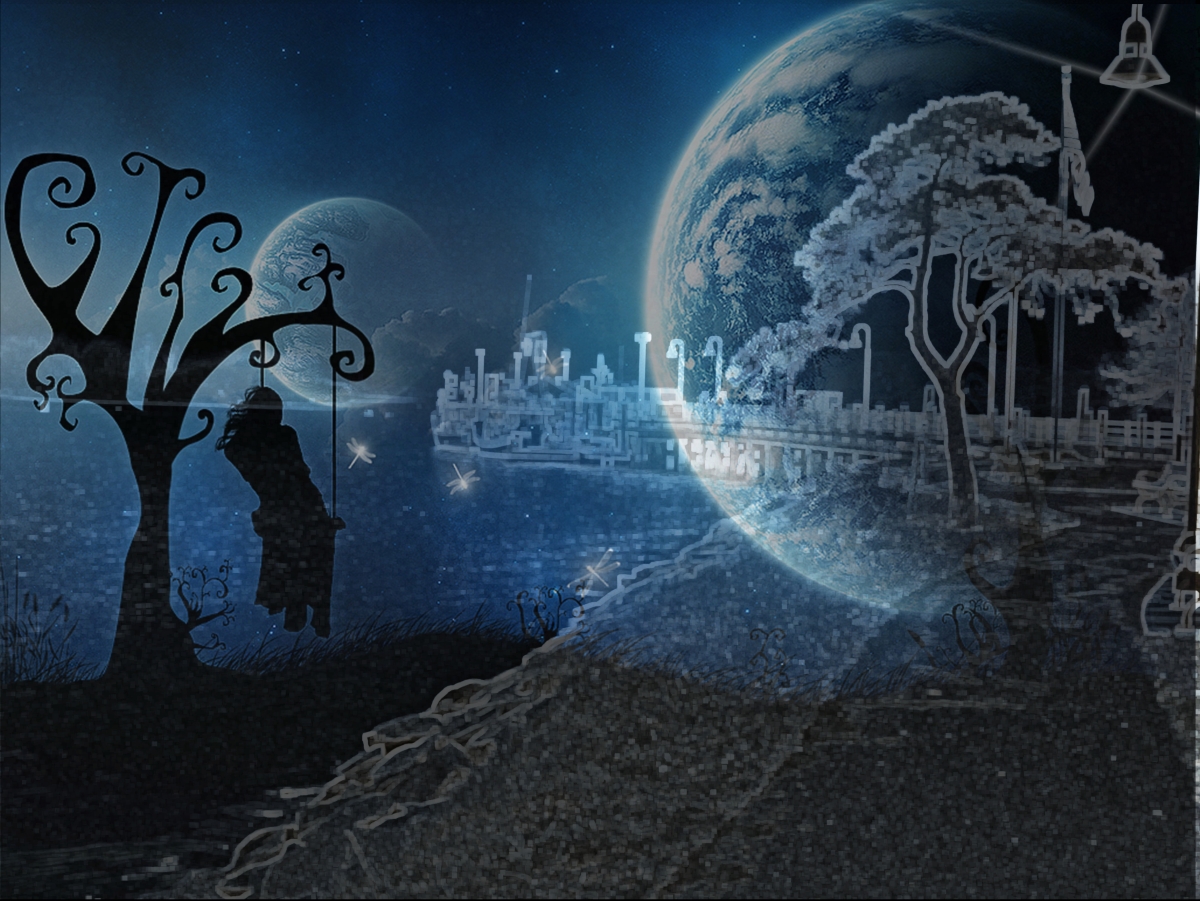
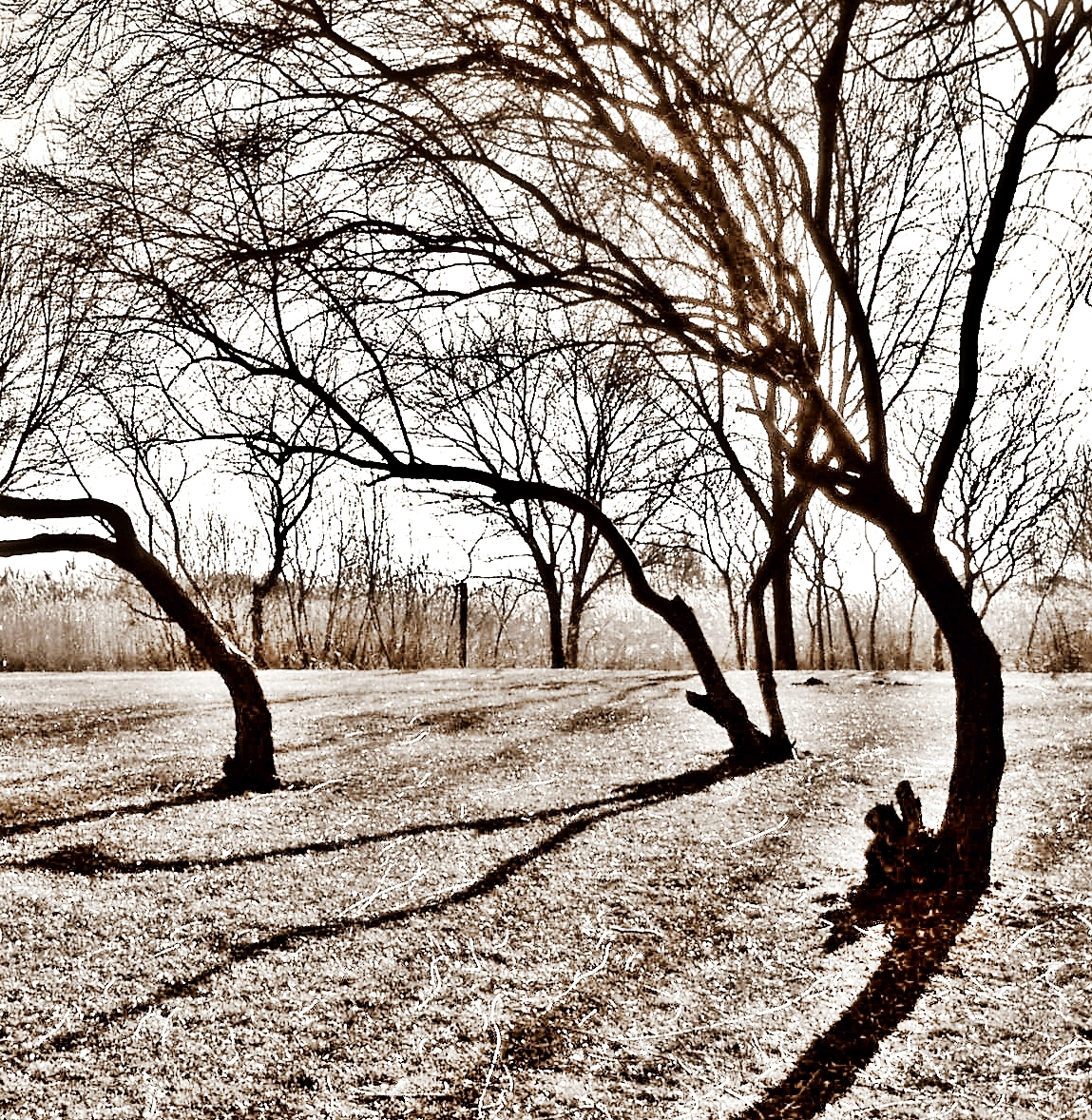
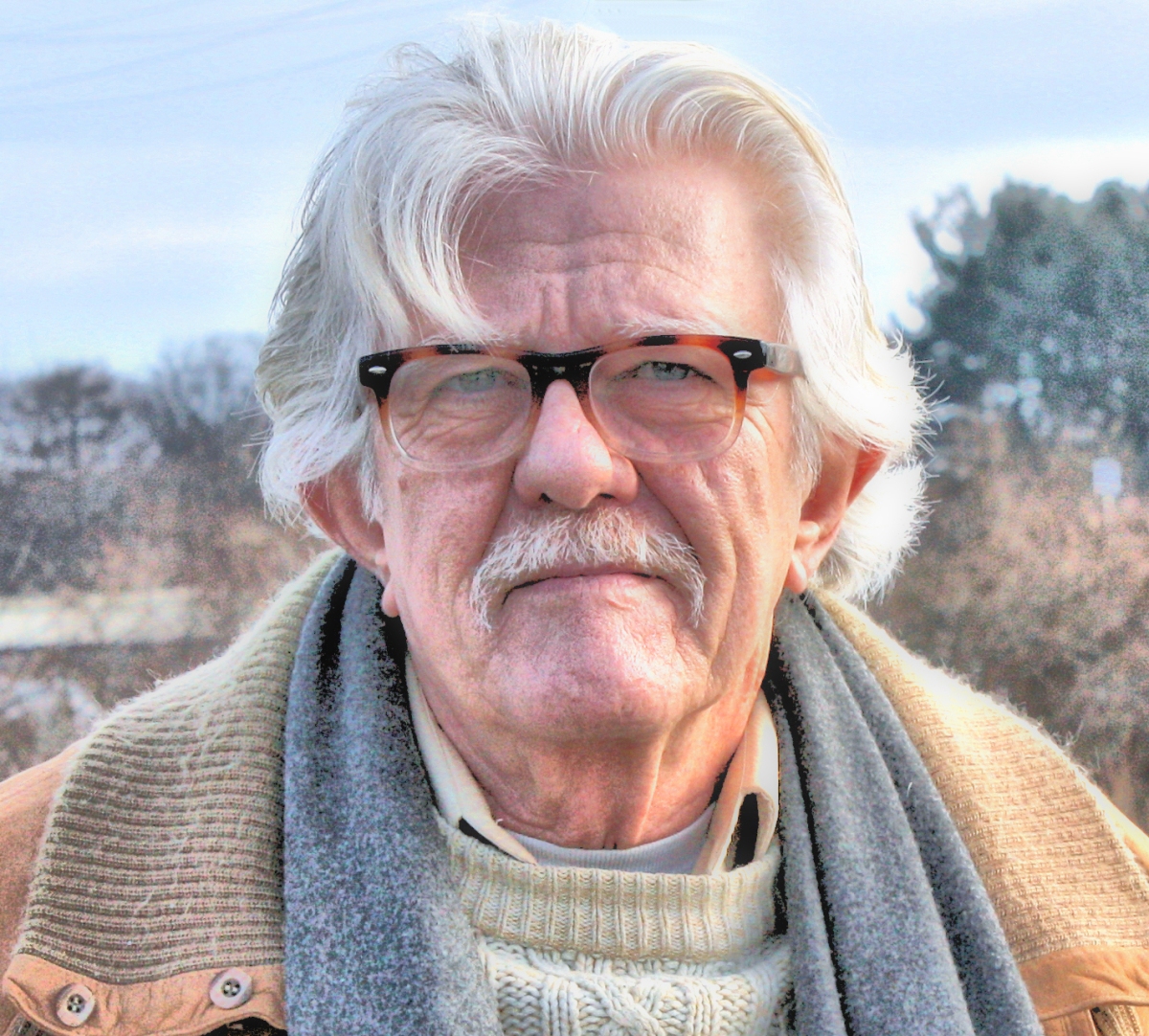
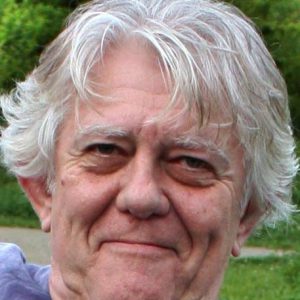
Leave a comment